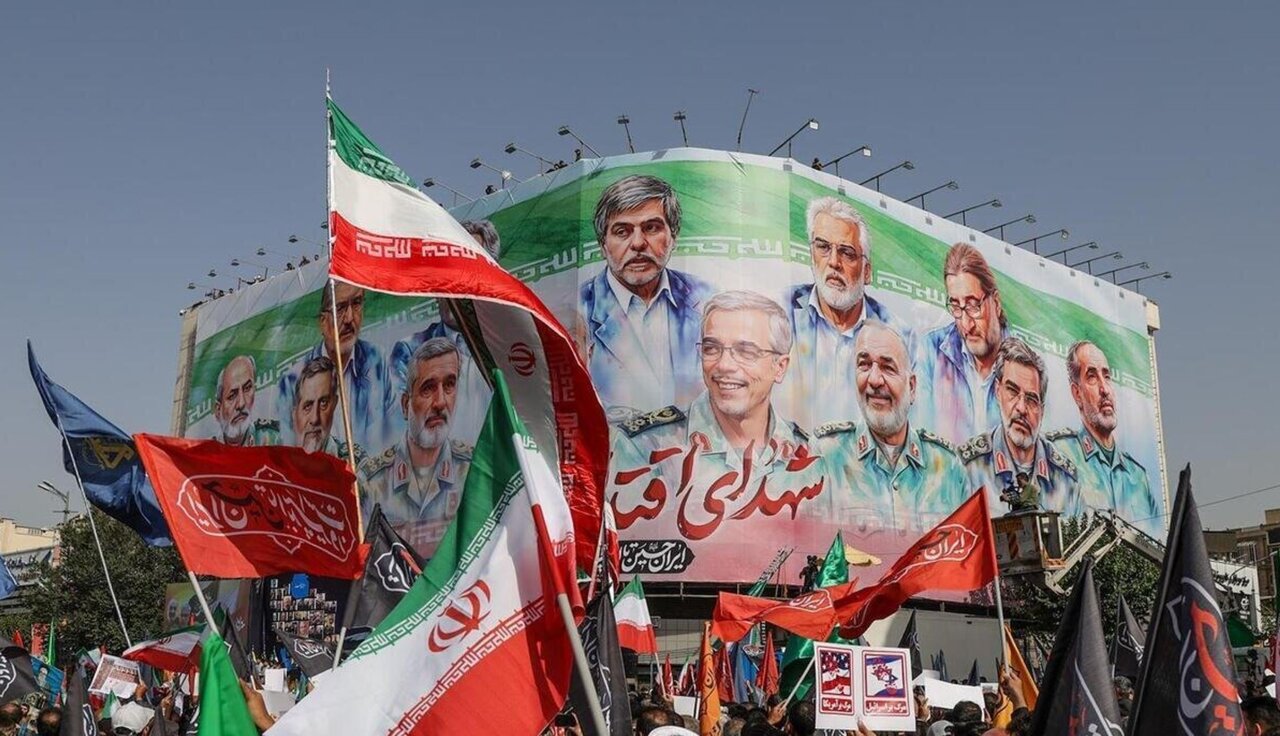National independence
Why did Israel’s attack unite Iran instead of dividing it?

TEHRAN – For many foreign observers, a critical question remains: Why did Israel’s attack on Iran foster unity among the country’s political and social factions? Despite seven years of crippling inflation and dissatisfaction with different governments’ performance, why did the attack not trigger mass protests?
Even after Netanyahu’s direct video appeal to the Iranian people—urging them to rise up—no significant protest movement emerged. Why did so many traditional critics of the Islamic Republic, both inside and outside Iran, rally behind the leadership and armed forces in defense of the nation?
The answer, in part, lies in the Iranian people’s bitter historical memory of the humiliation they endured during periods of foreign domination.
From a social psychology perspective, Iranians react more fiercely to external threats to their sovereignty than to almost any other issue. History offers clear examples: Long before the formation of a centralized national government, the people of Bushehr mounted heroic resistance against British and Portuguese aggression in southern Iran, while the people of Gilan and Azerbaijan fiercely opposed Russian encroachment in the north. This unyielding spirit has ensured that Iran never became a formal colony—so much so that Iran’s calendar has no “National Independence Day.” For Iranians, every day has been a fight to preserve their independence.
The eight-year resistance of Iran’s western border provinces—Khuzestan, Kermanshah, and Kurdistan—against Saddam Hussein’s invasion remains vividly etched in the national consciousness. Similarly, the Pahlavi dynasty’s heavy reliance on the United States was so deeply resented that the very first slogan of the 1979 Revolution was “Independence”—even before “Freedom” or “Islamic Republic.”
Today, many Iranians view their country’s peaceful nuclear energy program and missile capabilities as essential deterrents against foreign aggression. They believe that without these defenses, Iran would be left vulnerable—incapable of safeguarding its sovereignty and exposed to foreign humiliation. This is why, from Iran’s perspective, any negotiation demanding “zero uranium enrichment” (as Trump insisted) would be nonviable from the outset. Iran has repeatedly stated that it will never relinquish its legal rights under the Nuclear Non-Proliferation Treaty (NPT), including enrichment for peaceful purposes.
Washington’s strategic error became evident when Israel attacked Iran just two days before the sixth round of negotiations. To many Iranians, this confirmed their suspicions that diplomatic talks were merely a facade for military coercion—a direct threat to their sovereignty. Recent history only reinforces this perception: The disastrous outcomes of Libya’s disarmament, Iraq’s invasion, and Syria’s forced concessions remain fresh in Iranian memory. Given these precedents, shouldn’t the Iranian people have the right to draw lessons from the fate of these nations? What alternative do they have but to unite in defense of their independence?
If future negotiations are to succeed, all parties must internalize the costly lesson of Israel’s aggression. The U.S. must ensure that every proposal includes guarantees for “preserving Iran’s defense capabilities.” From the Iranian people’s standpoint, any agreement that weakens their sovereignty or leaves them defenseless is tantamount to treachery. Europe, too, must recognize that a nation which has endured unprecedented U.S. sanctions since 2018 will not surrender its independence under mere economic pressure.
If America genuinely seeks a diplomatic resolution, it has no choice but to adhere to international law and acknowledge the legitimate rights of the Iranian people.
Further aggression against Iran could have unpredictable consequences—particularly for global energy markets, as the U.S. may not anticipate Iran’s potential responses, including unconventional measures.
Leave a Comment